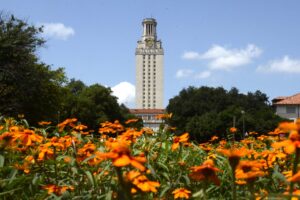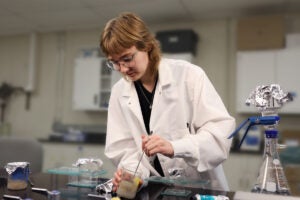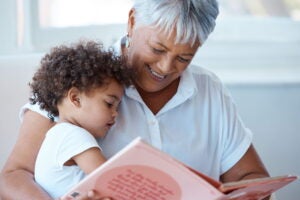The following article is a narrative written by School of Nursing alumnus Paula Wilson about her experience working as a nurse in the intensive care unit at Port-au-Prince’s general hospital.
On Jan. 12, an earthquake struck Haiti, killing an estimated 230,000 people, injuring 300,000 and leaving one million people homeless. Haiti is the poorest country in the Western hemisphere and one of the poorest in the word. Humanitarian groups have been present in Haiti for several years, but never before had Haitians experienced the catastrophic destruction and loss caused by this earthquake. International response was quick and effective at coming together to help minimize the suffering and devastation.
One of the groups who responded to the earthquake was International Medical Corps (IMC), a nonprofit medical relief organization. In addition to providing emergency medical care immediately after the earthquake, IMC had been tasked with creating and staffing the emergency room and intensive care unit (ICU) in the Hopital de l’Universite d’Etat d’Haiti, Port-au-Prince’s general hospital.
When I arrived in May, the focus had shifted from acute disaster response to transitioning care back to Haitian staff and implementing sustainable changes. International Medical Corps had moved into the hospital building only two weeks before my arrival; prior to that it had been using tents on the hospital grounds.
The earthquake had affected many of the hospital’s doctors and nurses. Their families were killed, homes destroyed and many were now living in crowded tents. Recovery for them was understandably slow. The hospital’s nursing school had also been destroyed, and because classes were in session during the earthquake, more than 400 nursing students and faculty were killed. For the nursing staff, returning to work was a reminder of all who were lost.

I arrived in Port-au-Prince on May 7. My first day I was surprised at the breadth of skills I had learned in nursing school that had become essential; skills I had not used since becoming an RN. I was surprised at how quickly those skills came back. On my first day, I was able to jump in and assist in two newborn deliveries. Working in conditions like that was definitely a crash course in the basics, and tested my nursing skills and abilities.
During my three and half weeks in Port-au-Prince, I worked primarily in the ICU. We had long, hot days. There wasn’t any air conditioning or running water, and there were frequent power outages. We worked in conditions that are unimaginable in the United States, but were an improvement from what had existed prior to our arrival.
Working with the Haitian nurses was an amazing experience. We taught nursing skills and patient monitoring, but we also learned a lot from them, including how to flush IV lines without flushes — essentials when resources are so scarce.
In Haiti, as in many other countries, families provide the majority of care for hospitalized patients. So we taught families several skills, including how to give tube feeds and how to turn and reposition patients safely. Much of the teaching we did for the nurses and families included basic public health information and disease transmission.
However, for all the teaching that we were able to do for the Haitian nurses, patients and family, I took away much more than I was able to give. I learned how to always smile no matter how hot, tired, dirty and hungry I was.
I learned something that gets lost in our world of invasive monitoring equipment, frequent labs and expensive diagnostic testing — I learned that when armed with nothing more than my two hands, my mind and my heart, and whatever I can carry in my pockets, I can change lives.
Read related stories:
Commencement to Haiti: Graduate leaves same day for relief trip
Medical crisis in Haiti: QandA with nursing faculty members
After the dust settles: Haiti’s next steps
Students, faculty travel to Haiti to assess damage
Haitian grad student: “This is a shame”



